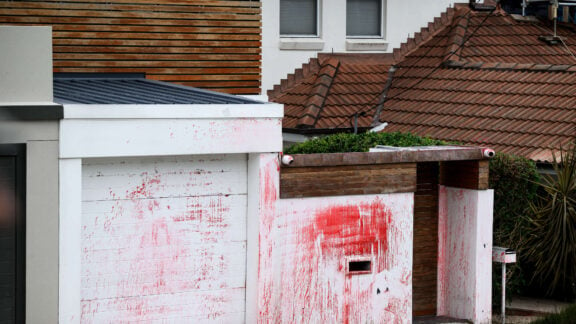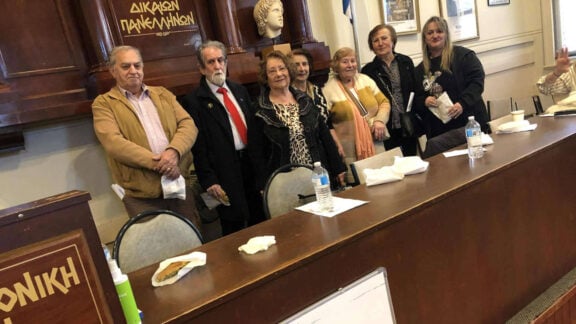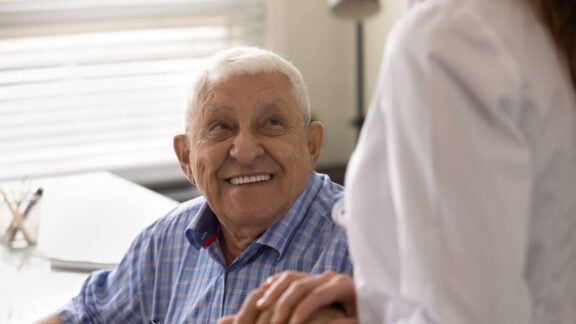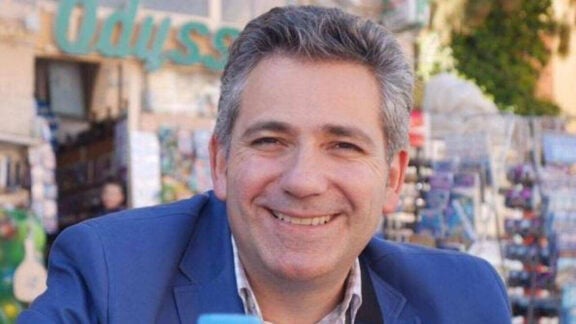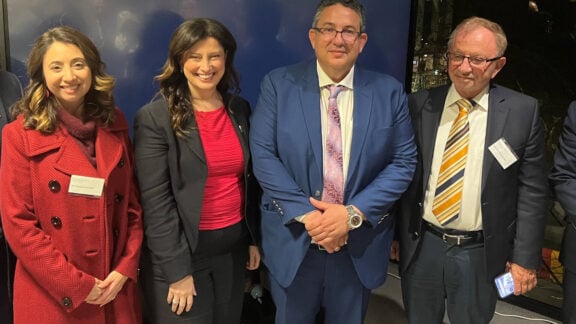A Melbourne drug-injecting facility will continue to operate indefinitely after a controversial trial that divided locals.
The Andrews government opened the supervised injecting room at North Richmond in June 2018 as part of a two-year trial, which was extended until mid-2023.
Speaking to Neos Kosmos‘ Dora Houpis back in June 2020, Greek residents and traders in Richmond had branded Victoria’s only safe injecting room, in North Richmond, a failure saying a different response was needed to fight the area’s drug problem.
Less than a month later, a long-standing Richmond Greek business owner had told Neos Kosmos that the state government was wrong to extend the Medically Supervised Injecting Room (MSIR) operation in North Richmond for another three years, stating the facility should be next to a hospital.
As reported by AAP legislation will be introduced to state parliament on Tuesday for the facility to become a permanent service after a review, chaired by public health researcher John Ryan, found it managed almost 6000 overdoses and saved 63 lives.
There have been 50 heroin-related deaths in the local council area in the 42 months since the facility opened, down from 68 deaths during the preceding 42 months.
Premier Daniel Andrews said the facility, which has recorded 350,000 visits between June 2018 and September 2022, had changed and saved lives.
“We’re not chasing a popular outcome here,” he said.
“I will never forget the day we announced this trial. There was a woman overdosed not 50m from the press conference.”
The government will consider all 10 recommendations from the review, including expanding support for users and addressing safety and amenities.
But it has ruled out enacting a suggestion to expand eligibility to peer and partner injecting, allowing pregnant women to inject, and remove other barriers including to people on court orders.
The centre has become a contentious issue for residents, as acknowledged by the 25-page review.
Some people told the panel the area was quieter with no “constant code blues, dead bodies on the asphalt and kids watching injecting,” but others said drug use remains highly visible.
“I walk my daughter to school, witness fights, brazen drug deals, drug use, drug-affected people,” one community member said.
Judy Ryan, who led a residents’ campaign to establish the injecting room, said it was common to find drug-affected people in laneways, carports and gardens before the centre opened.
“It was like living in a war zone. It was stressful and unacceptable,” she said.
She acknowledged some residents would be displeased the facility would remain, but said people needed to understand it wasn’t easy to stop using drugs.
A second facility has been earmarked for Melbourne’s CBD, with the government awaiting a final report on the location.
Mr Andrews confirmed the report, led by former police commissioner Ken Lay, would be handed to the government by the middle of the year.
But he said no location for a second site would be perfect.
“You’ve got to find a location that works and that’s a real challenge,” he said.
The Greens have welcomed the move to make North Richmond permanent but criticised the government for not following through on the recommendation to expand eligibility.
“We’d like to see everyone who uses injecting drugs supported with the kind of safety and services that the medically-supervised injecting room provides,” Richmond MP Gabrielle de Vietri said.
The North Richmond site, which is close to a primary school, will remain the same but the provider of the service could change as part of a tender process.
Opposition mental health spokeswoman Emma Kealy said the government had failed to listen to the concerns of residents.
“Kids should never have to walk to school and walk past a dead body, or somebody who’s just injected, or see sex acts on their school grounds” she said.
With AAP


